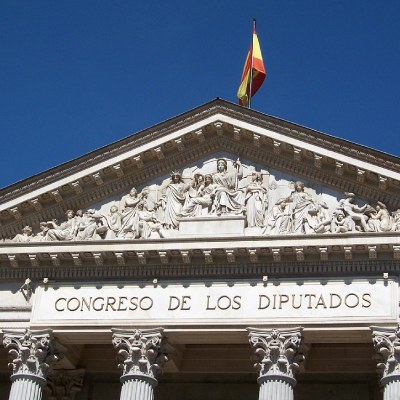Spain Opposition Party Introduces Bill to Allow Mortgage Payments In Crypto
Partido Popular (PP), the leading opposition party in Spain, has introduced a bill allowing mortgage payments to be paid with cryptocurrencies and establishing a National Cryptocurrency Assets Council to analyse the impact of the use of crypto and blockchain in Spain. Under the text of the digital transformation act, homeowners will be able to use cryptocurrencies to pay their mortgages while the real estate industry will be permitted to use cryptocurrencies to invest in mortgage pools. Banks, on the other hand, could use blockchain systems to manage mortgage insurance and streamline payments and compensation with digital currencies. According to PP, the law is intended to ensure that transactions with cryptocurrencies are conducted within a framework of trust, security and transparency.
Lawyer Cristina Carrascosa, CEO of Ath21, a law firm specialising in cryptocurrency, added that, in order to implement the law, a change would need to be made to the legal category of cryptocurrencies from their current status as payment methods. She added that banks currently do not accept payments in cryptocurrencies. According to her, the project is innovative because it implicitly recognizes cryptocurrencies as a means of payment and their ability to resolve debt.
The PP project, which was presented on 26 July, envisages the creation of a National Council of Crypto-Assets (CNC) to act in an advisory capacity. The CNC would be composed of representatives of the Directorate-General of the Ministry of Finance, the National Securities Market Commission and the Central Bank of Spain. Under the proposal, the Council would study and analyze the impact of the blockchain use of cryptoassets and other services, assess the adoption of blockchain in the public administration and ensure the establishment of mechanisms to detect fraud and tax evasion.
According to Carrascosa, use of cryptocurrencies as a means of exchange will be allowed in Spain following two rulings of the European Court of Justice in 2014, although the provisions of the proposals are not new. The draft law stipulates that cryptocurrency and tokens issued through the initial coin offerings are considered negotiable securities and that investments in an ICO of less than 6,000 euros do not have to be disclosed to authorities. It also clarifies that private obligations relating to the exchange of goods and services in cryptocurrencies are subject to the same tax rules as money transactions, without prejudice to the tax liability of the company issuing the cryptocurrencies on the stock exchange. The proposal adds that cryptocurrencies can be accepted as a means of exchange between two parties to fulfil private obligations, provided that they are agreed in a transaction by both parties as an alternative contractual and direct payment method or can be used as such for other purposes.

